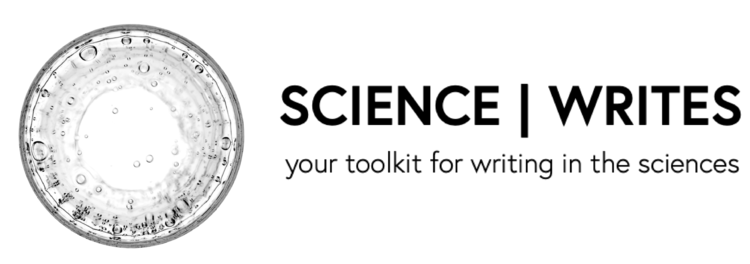STYLE
Take away point: Reach for accuracy and clarity, not the thesaurus.
NOTE:
These are general guidelines on style; you should not apply these rigidly or without consideration for you goal. For example, when you are writing up your research findings, consistency and repetition are especially important when discussing methods and results. There is more room for variety and personal style in introductions and discussions and when analyzing sources, but still your emphasis should be on objectivity and precision.
When it comes to language in science writing, accuracy and clarity trump creativity and flair. That means:
Write simply and directly.
For clarity’s sake, it is OK to use the same words repeatedly.
Focus on creating a logical, well-organized narrative.
Scientists usually use language literally.
Avoid linguistic flourishes.
Avoid dramatic reveals.
Set aside your doubts about word repetition.
Sometimes students worry that their writing will be “boring” if they keep using the same words repeatedly. However, repeating words does not make writing boring; weak ideas and disjointed lists of claims do.
Attempting to add variety to your writing by using synonyms might lead you to choose the “wrong” kinds of words to vary.
For example, a social scientist is perfectly happy repeatedly using the word “survey” to describe a series of questions asked of study participants. Even though the thesaurus lists “study,” “investigation,” “assessment,” and “questionnaire” among the many synonyms for the word “survey,” these words should not be used interchangeably. Why not? Because the social science reader is likely to think the writer is selecting a different word because they are referring to something different.
Reaching for the thesaurus can create confusion.
